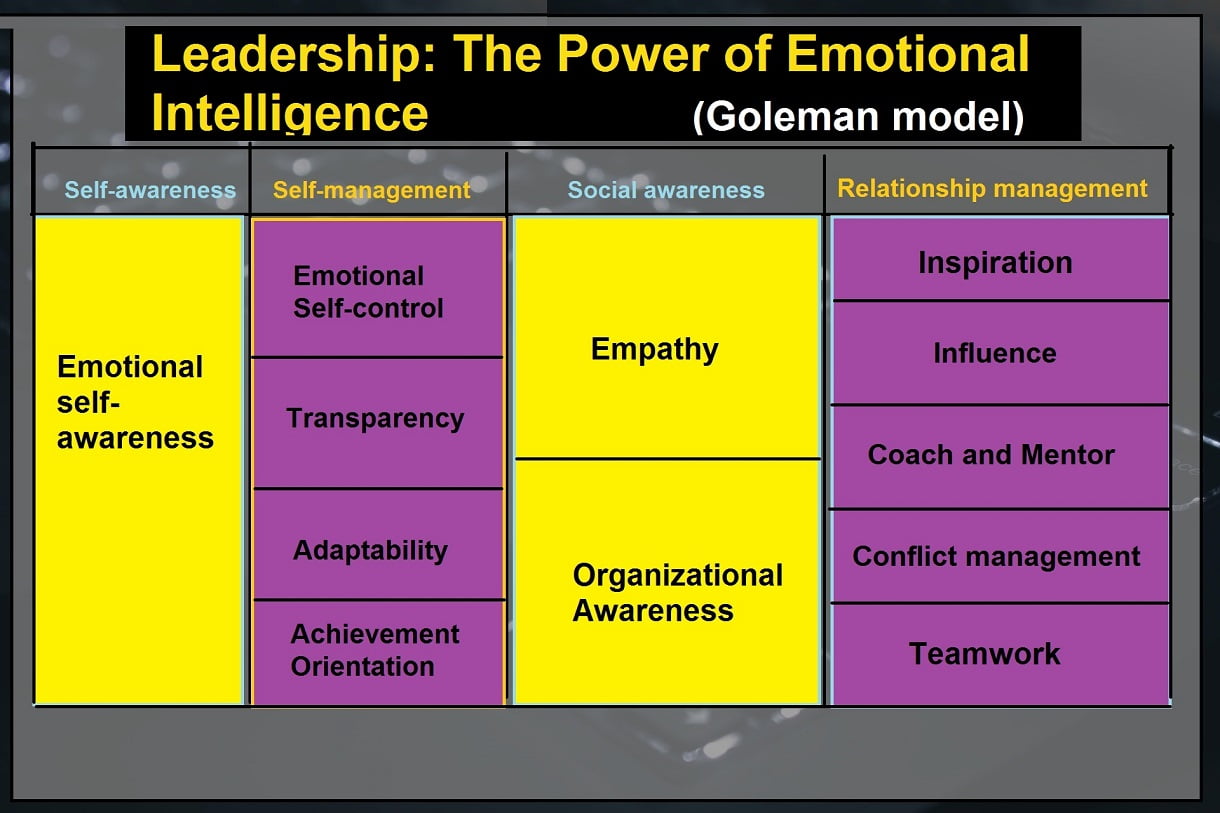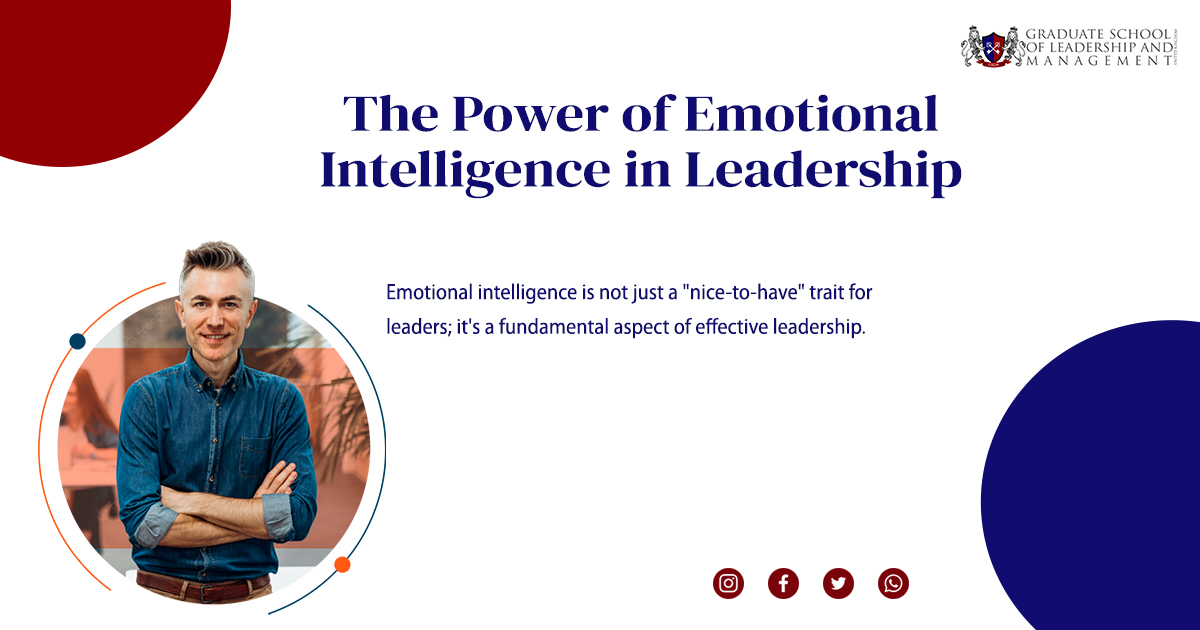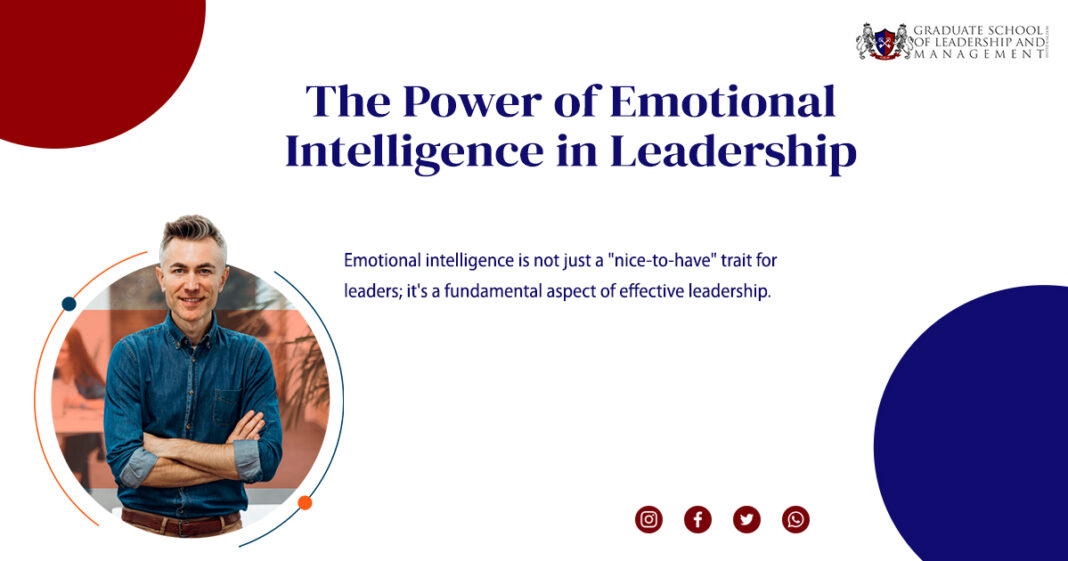
In today’s fast-paced and ever-evolving professional landscape, the role of leadership extends far beyond traditional management and decision-making skills. Emotional intelligence (EI) has emerged as a crucial component for effective leadership, shaping how leaders interact with their teams and drive organizational success. This article explores the rise of emotional intelligence in leadership and provides actionable strategies for cultivating these essential skills for career growth.
Understanding Emotional Intelligence
Emotional intelligence refers to the ability to recognize, understand, manage, and utilize emotions effectively. It encompasses several key components:
- Self-awareness: Recognizing one’s own emotions and their impact.
- Self-regulation: Managing emotions in healthy ways.
- Motivation: Harnessing emotions to achieve goals.
- Empathy: Understanding and sharing the feelings of others.
- Social skills: Navigating social complexities and building strong relationships.
The Importance of Emotional Intelligence in Leadership
- Enhanced Communication: Leaders with high emotional intelligence can communicate more effectively by understanding and addressing the emotional needs of their team members. This leads to clearer, more productive conversations and reduces misunderstandings.
- Improved Conflict Resolution: Emotional intelligence equips leaders with the skills to handle conflicts with sensitivity and tact. By empathizing with different perspectives, leaders can mediate disputes and find mutually beneficial solutions.
- Stronger Team Dynamics: Leaders who exhibit emotional intelligence foster a positive work environment. They build trust, encourage collaboration, and boost team morale, which contributes to overall productivity and job satisfaction.
- Resilience and Adaptability: In times of change or stress, emotionally intelligent leaders are better equipped to remain calm and focused. Their ability to manage their own emotions and support their team through challenges is crucial for navigating complex situations.
Cultivating Emotional Intelligence for Career Growth
- Self-Reflection and Awareness: Begin by assessing your emotional responses and understanding how they affect your interactions. Regular self-reflection can help you identify areas for improvement and develop greater self-awareness.
- Seek Feedback: Constructive feedback from colleagues and mentors can provide valuable insights into your emotional intelligence. Use this feedback to make adjustments and enhance your interpersonal skills.
- Develop Empathy: Practice active listening and strive to understand others’ perspectives. Engaging in conversations with an open mind and without judgment can help you connect more deeply with your team members.
- Enhance Communication Skills: Work on improving your verbal and non-verbal communication. Effective communication involves not just speaking clearly but also being attentive to body language and emotional cues.
- Manage Stress and Emotions: Adopt stress management techniques such as mindfulness, meditation, or physical exercise. Learning to manage your emotions in high-pressure situations will help you maintain composure and make thoughtful decisions.
- Build Strong Relationships: Invest time in developing meaningful relationships with colleagues and peers. Strong relationships are built on trust and mutual respect, both of which are fostered through emotional intelligence.
- Continual Learning and Development: Emotional intelligence is not a static skill but one that can be continually developed. Attend workshops, read books, or engage in coaching to keep refining your emotional intelligence skills.
Conclusion
The rise of emotional intelligence in leadership highlights the growing recognition of its impact on effective management and career growth. By cultivating emotional intelligence, leaders can enhance their communication, resolve conflicts more effectively, build stronger teams, and navigate challenges with resilience. Investing in the development of emotional intelligence not only contributes to personal growth but also drives organizational success.


